QuestionMy beagle is 6 yrs old. He was born in South Florida, and lived there for 4 yrs. He has been living in Indianapolis for the past 2 yrs. Over the past 8 months, he developed the inverted sneeze, as was diagnosed by the local vet. About 3 months ago, he had a sniffly nose all day long, in addition to the inverted sneezing, and actually started sneezing mucous all over the house all day long, indoors and outdoors. I took him to the vet who said he might have developed a secondary respiratory infection, related to his allergies, which caused the inverted sneezing, and prescribed antibiotics to clear up the mucous/ congestion/ outward sneezing. The antibiotics did not stop the outward sneezing and mucous production, which continues to be an all day occurrence, and over the past few days, I have noticed blood in the snot from time to time. The snot is usually that thick, yellow snot, which seems to be difficult for my dog to blow out all at once. It seems stuck in his head, as he tries to get it all out all day long! What do you think is causing his outward sneezing of mucous and why is there now blood in that mucous from time to time? Any advise on what he may have, or the vet's diagnosis of him having allergies and inverted sneezing? Do you think the mucous production and outward sneezing is a separate issue, or is it related to the inverted sneeze?
AnswerI would say that any dog that starts sneezing blood and yellow mucous has a serious infection going on up high in the nasal cavity.
It is time for a an xray or a scope to look up inside and see what is going on. A mass can also cause this chronic rhinitis. This is beyond allergies at this point and I would suggest you ask your vet for some other diagnostic procedure. Blood work is not very valuable at this point so don't go there.
I hope there is nothing up there but an infection but we have seen this many times in dogs with small to large soft tissue masses.
Please let me know what you find out.

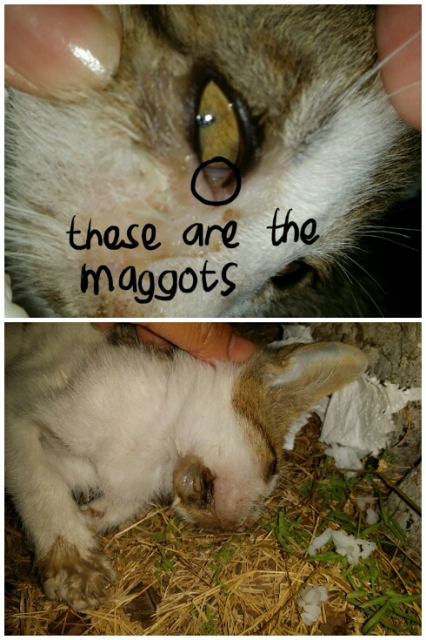 Information
Question
MY BABY
Hello there. I was just a conce
Information
Question
MY BABY
Hello there. I was just a conce
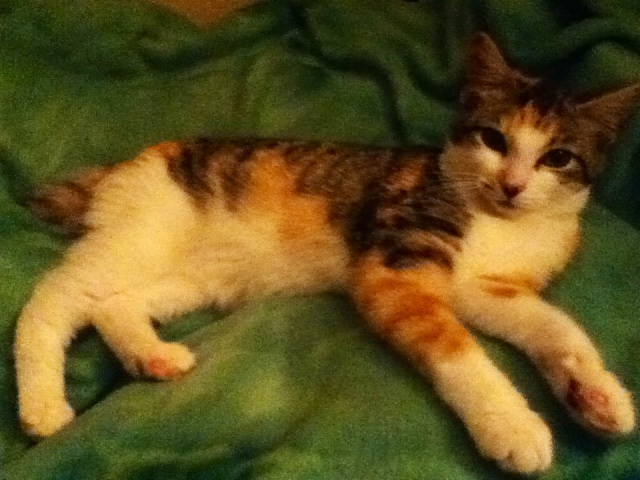 Tailed Manx Kitten docking tail?
QuestionQUESTION: Hello,
I got tailed manx kitt
Tailed Manx Kitten docking tail?
QuestionQUESTION: Hello,
I got tailed manx kitt
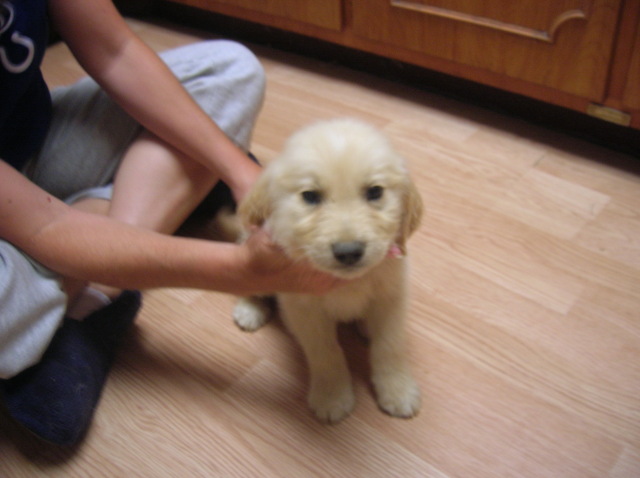 thank god for your sweet heart
QuestionRiley
QUESTION: i feel so much better an
thank god for your sweet heart
QuestionRiley
QUESTION: i feel so much better an
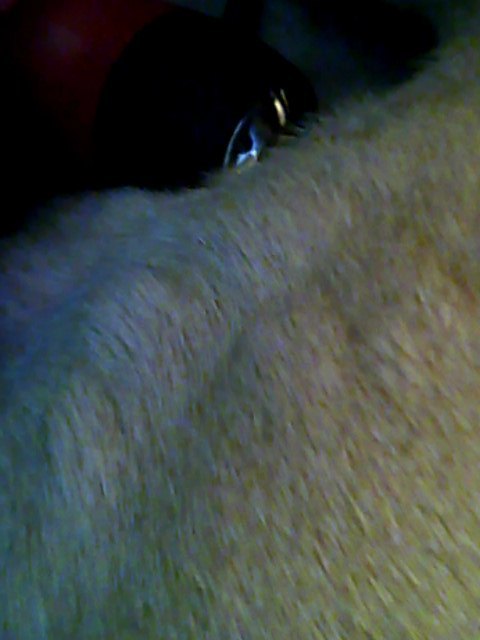 Dog has huge raised lumps and is off his food 2 days
Question
Hair covered lumps
Hello,
My ABPT (app
Dog has huge raised lumps and is off his food 2 days
Question
Hair covered lumps
Hello,
My ABPT (app
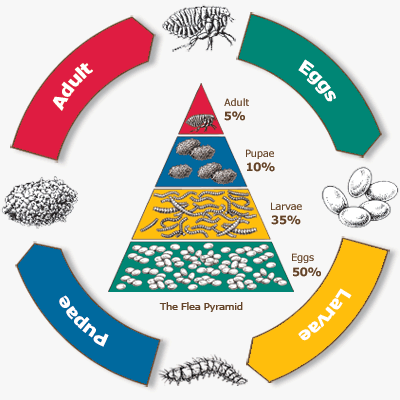 Flea control and scratching.
QuestionIve got a 1/2 Chow, 1/2 Black Lab and Ive used
Flea control and scratching.
QuestionIve got a 1/2 Chow, 1/2 Black Lab and Ive used